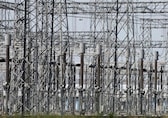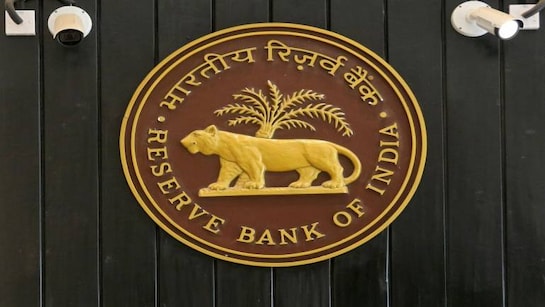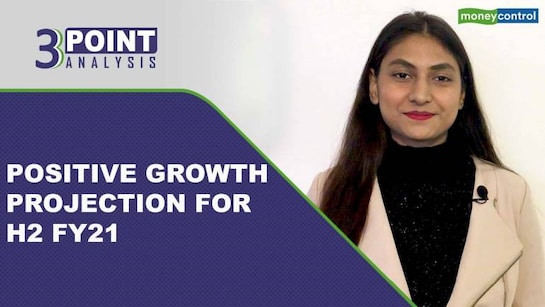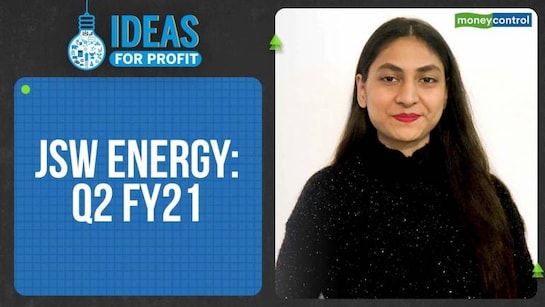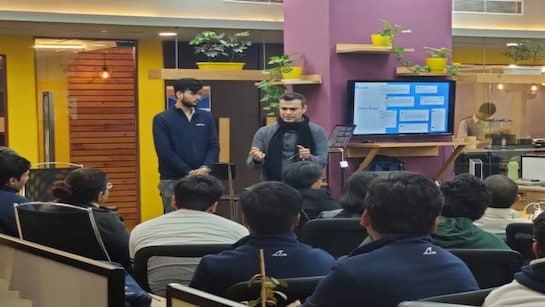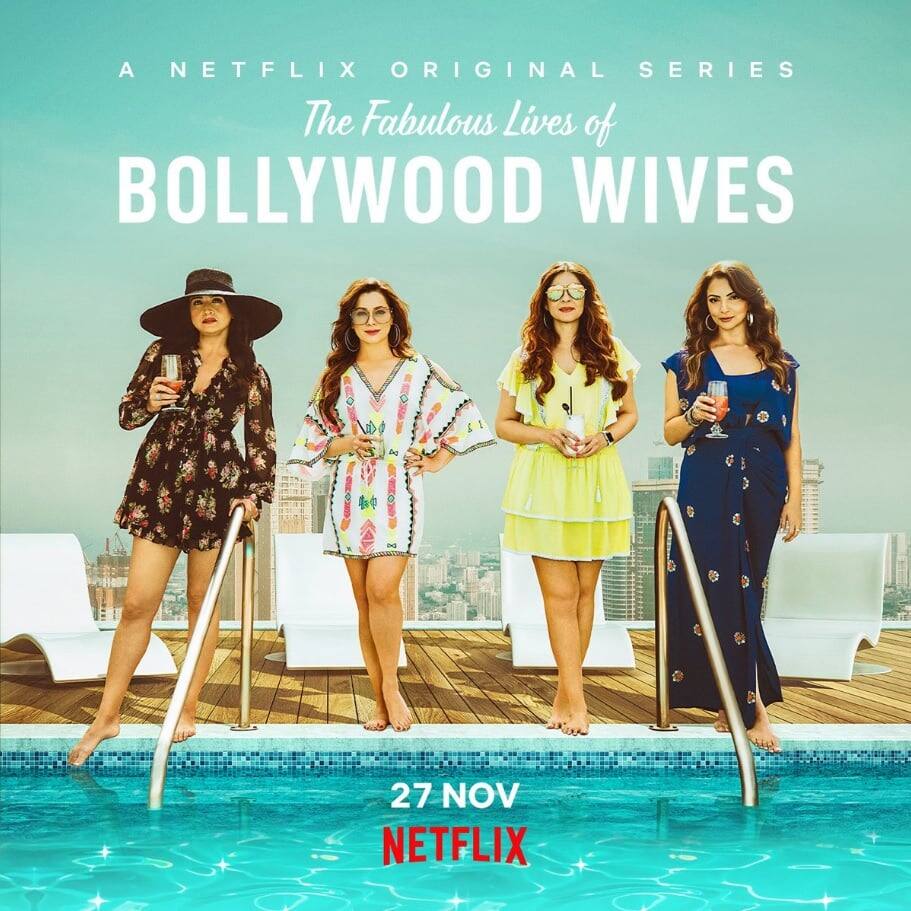File image of Haryana minister and BJP leader Anil Vij
Anil Vij, the Haryana Health Minister who was administered a trial dose of Bharat Biotech's COVID-19 vaccine Covaxin, on November 20 at a hospital in Ambala, has been tested positive for Coronavirus. Vij was admitted in Civil Hospital, Ambala. He advised all those who came in close contact to test for the virus.
Incidentally, Vij was the first volunteer of Covaxin's phase-3 trial in Haryana which started in November. Bharat Biotech is testing the vaccine in a late stage trial on 25,800 volunteers across in the country.
Vij testing postive even after receiving Covaxin, has raised many questions on the effectiveness of the vaccine.
Here is a explainer, on possible reason behind him testing positive
Did he get vaccine or placebo?
Since the trial is double blinded, which means neither the investigator who is administering the jab nor the participant who received knows whether it is a vaccine or a placebo. To verify whether Vij got a vaccine or placebo, the trial needs to unblinded for that particular participant, but this usually doesn't happen, until and unless it is a case of serious adverse event. Vij who had volunteered for the Phase-3 trial of Covaxin, has 50 percent chance of getting the vaccine shot. Bharat Biotech the sponsor of Covaxin trial hasn't clarified, on whether the jab given to Vij as part of trial was COVID vaccine or not.
Did he get the second dose?
Bharat Biotech says that clinical trials are based on a two-dose schedule, given 28 days or four weeks apart. "The vaccine efficacy will be determined two weeks after the second dose," the company said. Since Vij got his first dose on November 20, there is no possibility of him getting a second dose as per the dosing schedule.
What if Vij got the vaccine shot and not placebo?
Let's assume that even if Vij got two doses of the COVID vaccine, that doesn't mean that he is 100 percent likely to be protected against COVID-19. A few people from vaccine arm (vaccine arm in clinical trial means a volunteer who gets the vaccine and not placebo) are still at risk to contract COVID-19 infection. The efficacy of the vaccine in preventing COVID-19 is analysed after certain threshold of trial participants test positive to COVID-19. For a vaccine to have around 50 percent efficacy, for example if the threshold number is 32, the vaccinated arm should have 10 people and the unvaccinated or placebo arm should be having 22 participants. The point here is that there will always be some participants even in the vaccinated arm who will test positive. At this point of time we don't know the efficacy of Bharat Biotech's Covaxin.
Lesson for clinical trial volunteers?
Participation in a clinical trial to test an experimental COVID vaccine is a service to the nation. And one should not be in the false assumption that participating in a clinical trial makes the volunteer COVID free. So, even if one is vaccinated the participant must keep wearing masks, maintain hand hygiene and also be mindful of physical distance.












_2020091018165303jzv.jpg)














